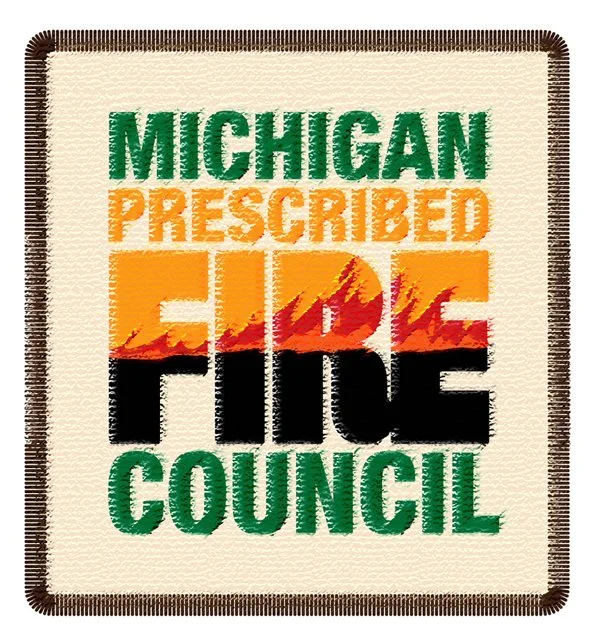We’ve all seen them: record-shattering wildfires tearing across quiet cities in California, killing dozens, destroying thousands of homes and businesses, and devastating communities. The headlines point fingers at everything from climate change to the logging industry, the outpouring is compassionate, and after a few weeks these fires have all but faded from the public eye. But those who live in the areas devastated by the blazes can’t forget these fires, and don’t have the luxury of being able to return to life as they once knew it. These fires are undeniably tragedies, but in light of their prevalence and visibility, it’s curious how slow we’ve been to implement the proper protocol to prevent these blazes from occurring. We’ve known since about the 70s that prescribed fire could help in preventing wildfires, that climate change would make fires worse and more frequent, that we needed to act to protect at-risk communities. So how did we still not manage to change things in time? It’s clear that those in charge of making the decisions that could have prevented these fires are totally disconnected from the realities faced by those affected by wildfires. So when leadership fails to take appropriate action to prevent crises like these, who is hurt?
The answer is quite simple: poorer, non-white people are at a much higher risk of being adversely affected by wildfires. As Davies et al. reported in a 2018 article, “While fire-prone places in the U.S. are more likely to be populated by higher-income groups, this fact threatens to overshadow the thousands of low-income individuals who also live in fire-prone places but lack the resources to prepare or recover from fire” (1). There’s no doubt that fire reaches individuals of all races and classes, but there’s plenty of data that suggests that it disproportionately impacts minorities, specifically minorities that have been historically disadvantaged. Think about it - if you were raised in a poor household, weren’t able to go to college, and are forced to work a minimum-wage job while living paycheck-to-paycheck, you’re not going to be able to recover from any sort of a tumultuous event. Not only is your ability to bounce back from the devastation limited by your socioeconomic status, but so too is your ability to prevent the devastation from happening. Those living in poorer communities in California during the time of the Camp Fire were forced to fight the fires themselves, but those with enough money to hire private firefighters, mainly the mega-rich superstars that call California home, could guarantee their safety, and the safety of their possessions. It’s obviously unfair and frustrating - that those with the money and sway to influence policies that could prevent forest fires are capable of securing their own safety. But it also has a racial element, one that can’t be ignored.
In the aftermath of Hurricane Katrina, New Orleans faced thousands of missing people: 84% of those missing were Black in a city that is only 68% Black (1). Native Americans are six times more likely than other groups to live in the most vulnerable communities (2). Those without the resources to care for their own communities are forced to rely on the government for support, but there’s no indication that wildfire-fighting efforts will be focused on helping disadvantaged communities. In fact, we’ve seen a frustratingly small amount of work done to combat wildfires. There are many up-front, simple ways to reduce the size and severity of wildfires, chief among those tactics being prescribed fire. President Trump has recommended raking, logging, and many other tactics to reduce the severity of future wildfires, but it’s not enough. State and Federal governments need to work together to dedicate resources and energy into the management tactics that will have a direct impact. We need to train more firefighters by establishing more training programs and incentives for people to get into fire, we need more robust burning programs in all 50 states, and we need more effort by the government to shift public perception on burning. Now, while it’s necessary to reduce the ability for fire to damage at-risk groups, it’s more necessary to address the issues that make minorities and economically disadvantaged people so prone to being harmed by wildfires. Wildfires are necessary parts of many ecosystems, so removing them entirely isn’t just difficult - it’s virtually impossible. We need to be able to coexist with fire in a way that allow it to benefit ecosystems without damaging delicate communities. It’s a pervasive problem: those that need the most help tend to be the last to get it.
This issue extends to all the abysmal effects of climate change. In my home state of Michigan, and across New England and the Midwest, it was colder here than in Siberia. For those of us with work environments, homes, and cars that can be easily heated at will, this was an inconvenience, but hardly life-threatening. For the tens of thousands of homeless people in the area, these conditions were either extremely difficult, or deadly. As Davies et. al say in their paper, “Wildfire disasters, which disproportionately disrupt the lives of the most socioeconomically disadvantaged, are as much products of social circumstances as they are ecological ones.” We must work to fix the social circumstances that cause natural disasters to so intensely harm those who are least prepared to bounce back. We need to support those in our society who need it most, who are, because of circumstance, unable to recover from natural disasters. And we need to do it quickly.
Sources:
https://journals.plos.org/plosone/article?id=10.1371/journal.pone.0205825
https://theconversation.com/racial-and-ethnic-minorities-are-more-vulnerable-to-wildfires-106290
